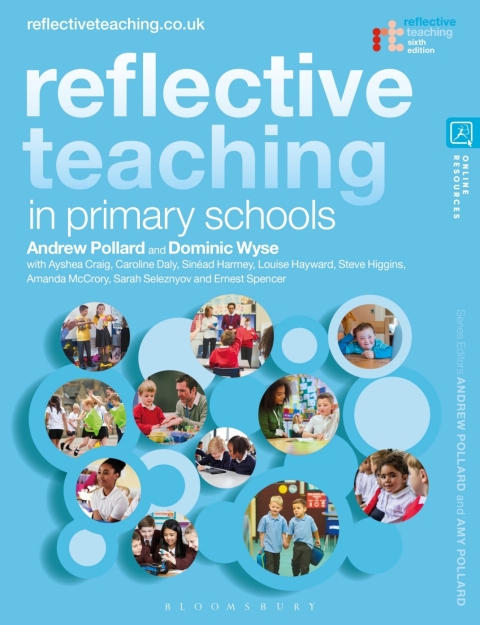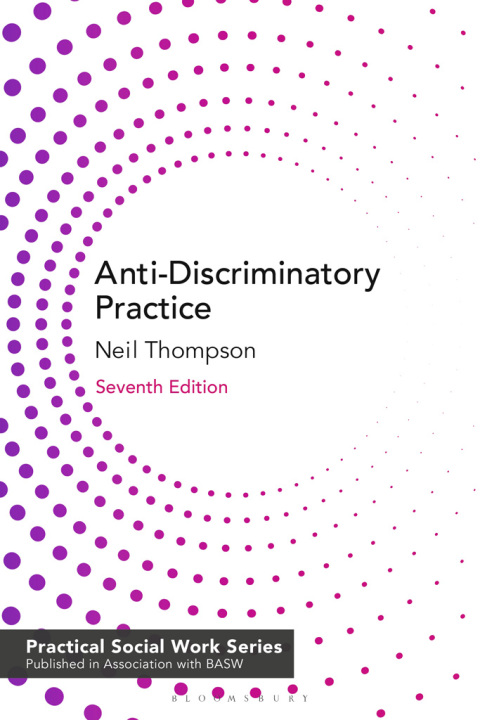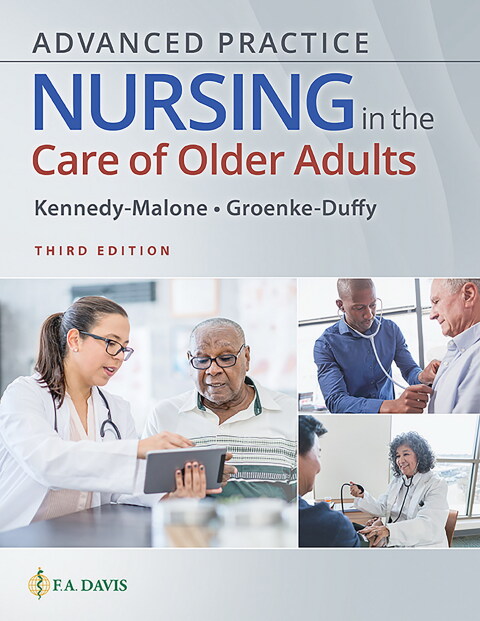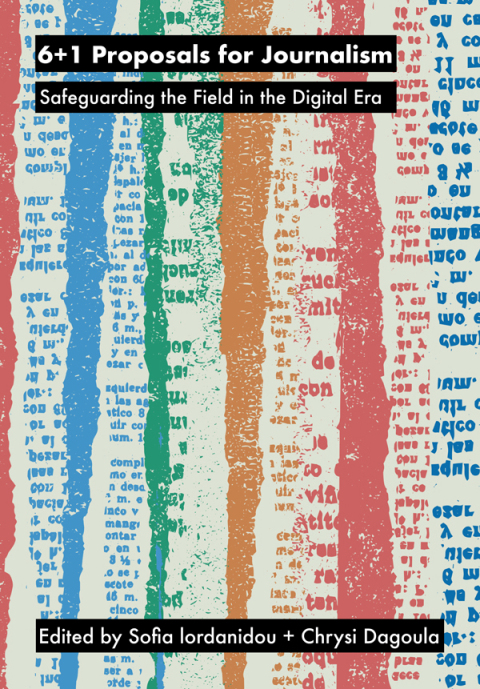Description
Efnisyfirlit
- Halftitle page
- Series page
- Title page
- Copyright page
- Contents
- Introduction
- Using this book
- Within each chapter
- At the end of each chapter
- Online
- A summary of the book
- Part one Becoming a reflective professional
- Chapter 1 Identity Who are we, and what do we stand for?
- INTRODUCTION
- UNDERSTANDING OURSELVES AS TEACHERS
- Becoming a teacher
- Values informing practice
- Teacher identities
- Primary teachers’ work
- KNOWING CHILDREN AND YOUNG PEOPLE AS PUPILS
- Pupil views of themselves in school
- Pupil perspectives of teachers and school
- Pupil cultures
- Understanding pupil needs
- Examining our perceptions of pupils
- LEARNING AND TEACHING THROUGH LIFE
- Pupil development and career
- Teacher development and career
- CONCLUSION
- CHAPTER WEBPAGE
- KEY READINGS
- Chapter 2 Learning How can we understand learners’ development?
- INTRODUCTION
- LEARNING PROCESSES
- Behaviourism
- Constructivism
- Social cognition
- SUMMARY
- NATURE, NURTURE AND AGENCY
- Personal development, health and wellbeing
- Body and brain, mind and behaviour
- ‘Intelligence’ and expectations
- Cognitive science and teaching
- Culture, language and disposition
- Personality, motivation and identity
- Metacognition and thinking capability
- TAKING STOCK OF LEARNING
- Key factors in learning
- Metaphors of learning
- Applying learning beyond school
- CONCLUSION
- CHAPTER WEBPAGE
- KEY READINGS
- Chapter 3 Reflection How can we develop the quality of our teaching?
- INTRODUCTION
- DILEMMAS, REFLECTION AND EFFECTIVENESS
- Dilemmas and challenges in classroom life
- Reflection and evidence-informed practice
- Standards for effectiveness and career development
- THE MEANING OF REFLECTIVE TEACHING
- Aims and consequences
- A cyclical process
- Gathering and evaluating evidence
- Attitudes towards teaching
- Teacher judgement
- Learning with colleagues
- Reflective teaching as creative mediation
- CONCLUSION
- CHAPTER WEBPAGE
- KEY READINGS
- Chapter 4 Principles What are the foundations of effective teaching and learning?
- INTRODUCTION
- Evidence-informed principles
- TLRP’S PRINCIPLES
- Education for life
- Valued knowledge
- Prior experience
- Scaffolding understanding
- Assessment for learning
- Active engagement
- Social relationships
- Informal learning
- Teacher learning
- Policy frameworks
- At school level
- In the locality of the school
- Nationally
- INTERNATIONAL KNOWLEDGE ACCUMULATION
- CONCLUSION
- CHAPTER WEBPAGE
- KEY READINGS
- Part two Creating conditions for learning
- Chapter 5 Contexts What is, and what might be?
- INTRODUCTION
- SOCIAL CONTEXT
- Ideology
- Culture
- Opportunity
- Accountability
- PEOPLE AND AGENCY
- Teachers
- Pupils
- CONCLUSION
- CHAPTER WEBPAGE
- KEY READINGS
- Chapter 6 Relationships How are we getting on together?
- INTRODUCTION
- ENHANCING CLASSROOM CLIMATE
- Classroom climate and emotional security
- Supporting children’s confidence and self-esteem
- Developing an inclusive classroom
- CLASSROOM RELATIONSHIPS
- Learning to establish and maintain positive relationships
- Social and emotional learning and relationship skills
- Rules and routines
- Identifying routines and understandings
- Being ‘fair’
- RELATIONSHIPS FOR LEARNING
- Curriculum and relationships
- Pupil perspectives of teachers
- Teacher and pupil actions
- Patterns in pupil actions
- Positive and negative cycles
- TEACHER THINKING AND PROFESSIONAL SKILLS
- Teacher perspectives
- Expectations of others and bias
- Professional skills
- Classroom authority
- CONCLUSION
- CHAPTER WEBPAGE
- KEY READINGS
- Chapter 7 Engagement How are we managing behaviour?
- INTRODUCTION
- UNDERSTANDING CLASSROOM BEHAVIOUR
- Children and young people
- Providing an engaging and enabling environment
- Progression in behaviour
- ESTABLISHING AUTHORITY
- Expectations
- Self-presentation
- Language
- Strategic repertoire
- SKILLS FOR ENGAGEMENT
- Gaining attention
- Framing
- With-it-ness
- Overlapping
- Pacing
- Orchestration
- Consistency
- MANAGING CLASSROOM EPISODES
- Beginnings
- Development
- Transitions
- Endings
- The unexpected
- CYCLES OF BEHAVIOUR
- Towards engagement and independence
- Managing challenging behaviour – avoiding a negative cycle
- CONCLUSION
- CHAPTER WEBPAGE
- KEY READINGS
- Chapter 8 Spaces How are we creating environments for learning?
- INTRODUCTION
- ENVIRONMENTS FOR LEARNING
- What is a learning environment?
- Formal and informal learning environments
- ORGANISING THE CLASSROOM FOR LEARNING
- The classroom as a learning environment
- Use of resources
- Use of space
- Use of time
- TEACHING AND LEARNING WITH TECHNOLOGY
- MANAGING PUPILS AND ADULTS
- Organising pupils
- Working with adults
- CONCLUSION
- CHAPTER WEBPAGE
- KEY READINGS
- Part three Teaching for learning
- Chapter 9 Curriculum What is to be taught and learned?
- INTRODUCTION
- PRINCIPLES FOR CURRICULUM PROVISION
- Knowledge, development and curriculum
- Aims and values
- ELEMENTS OF LEARNING
- Knowledge
- Concepts
- Skills
- Attitudes
- A balanced curriculum
- NATIONAL CURRICULA
- UK curricular structures
- Teaching, learning and national curricula
- Subject-based and integrated curricula
- SUBJECT KNOWLEDGE FOR TEACHERS
- Content knowledge
- Pedagogical content knowledge
- Curricular knowledge
- Applying subject knowledge
- CONCLUSION
- CHAPTER WEBPAGE
- KEY READINGS
- Chapter 10 Planning How are weimplementing the curriculum?
- INTRODUCTION
- THE SCHOOL CURRICULUM
- Governance
- Aims
- Policies
- Time frames for planning
- Review
- LONG-TERM PLANNING
- Programmes of study
- The early years – primary transition
- Breadth and balance
- Connection and coherence
- MEDIUM-TERM PLANNING
- Schemes of work
- Progression
- Relevance
- SHORT-TERM PLANNING
- Lesson plans
- Ensuring progress for all
- Meeting children’s needs
- EVALUATING CURRICULAR PROVISION
- Key evaluation questions
- Tools to support the evaluation of teaching
- What do you do in a lesson study?
- CONCLUSION
- CHAPTER WEBPAGE
- KEY READINGS
- Chapter 11 Pedagogy How can we develop effective strategies?
- INTRODUCTION
- ENACTING PEDAGOGY
- The importance of teacher–pupil interaction
- Analysing pedagogy
- PEDAGOGY, KNOWLEDGE AND LEARNING
- The development of pedagogic principles
- Perspectives on effective pedagogies
- ENACTING LEARNER DEVELOPMENT
- Building from prior learning
- Analysing pedagogy
- PEDAGOGIC REPERTOIRE
- Using talk for whole-class, small group and individual teaching
- Scaffolding whole-class, small group and individual learning
- ENACTING A SERIES OF LESSONS
- Changing pedagogy over time
- Analysing pedagogy
- CONCLUSION
- CHAPTER WEBPAGE
- KEY READINGS
- Chapter 12 Communication How does use of language support learning?
- INTRODUCTION
- CHARACTERISTICS OF CLASSROOM COMMUNICATION
- SPEAKING AND LISTENING
- Questioning, responding, instructing and explaining
- Dialogic teaching and learning
- Inter-thinking and group work
- Creative talk
- READING
- Teaching reading
- Theories of reading
- Reading and engagement
- Reading across the curriculum
- Reading multimodal texts
- School values and reading
- WRITING
- The relationship between reading and writing
- Teaching writing
- Researching writing
- KNOWLEDGE ABOUT LANGUAGE FOR COMMUNICATION
- Knowledge about grammar
- Some differences between spoken and written language
- English as an additional language
- CONCLUSION
- CHAPTER WEBPAGE
- KEY READINGS
- Chapter 13 Assessment How can assessment enhance learning?
- INTRODUCTION
- ASSESSMENT, LEARNING AND TEACHING
- Guiding principles
- Key ideas
- ASSESSMENT FOR LEARNING IN THE CLASSROOM
- Sharing goals and identifying quality
- Questioning and dialogue
- Feedback
- Self- and peer-assessment
- Adjusting teaching and learning
- AFFIRMING ASSESSMENT FOR LEARNING
- CONCLUSION
- CHAPTER WEBPAGE
- KEY READINGS
- Part four Reflecting on consequences
- Chapter 14 Outcomes How do we monitor pupil learning achievements?
- INTRODUCTION
- KEY ISSUES
- The current context for thinking about assessment for improvement and accountability
- National surveys of system performance
- KNOWING ABOUT LEARNING
- What might people want to know about children’s learning?
- How might trust be built in assessment information about learning?
- WHO WANTS TO KNOW ABOUT CHILDREN’S LEARNING OVER TIME? SUMMATIVE ASSESSMENT
- Guiding principles
- Learners and parents/carers want to know about learning
- Teachers and headteachers want to know about learning: understanding group, class and school progres
- Non-statutory tests and tasks
- Teacher assessment
- Using evidence over time to support pupil progress
- Using assessment information to support children for transfer and transition
- School governors, school districts and local authorities want to know about learning: understanding
- Politicians want to know about learning: the challenge of accountability
- Understanding progress at national and government level
- CONCLUSION
- CHAPTER WEBPAGE
- KEY READINGS
- Chapter 15 Social justiceCan we enable all children to succeed?
- INTRODUCTION
- INEQUALITY IN SOCIETY
- SOCIAL DIFFERENTIATION IN CLASSROOMS AND SCHOOLS
- Curriculum
- Pedagogy
- Assessment
- Curriculum, pedagogy and assessment
- POLARISATION THOUGH PEER/STUDENT CULTURE
- IDENTITY FORMATION, PERCEPTION AND SELF-BELIEF
- DIVERSITY AND DIFFERENTIATION
- Social class
- Ethnicity
- Gender
- Sexuality
- Age
- Physical appearance
- Disability
- Learning capacity
- SUMMARY
- SOCIAL JUSTICE AND LIFE CHANCES
- CONCLUSION
- CHAPTER WEBPAGE
- KEY READINGS
- Part five Deepening understanding
- Chapter 16 Teacher expertise A holistic view
- INTRODUCTION
- EDUCATIONAL AIMS
- Society’s goals: an opportunity for discussion
- Elements of learning
- LEARNING CONTEXTS
- Community context
- Institutional context
- CLASSROOM PROCESSES
- Processes for learners’ social needs
- Processes for learners’ cognitive needs
- LEARNING OUTCOMES
- Outcomes for continuing improvement in learning
- Outcomes for certification and the lifecourse
- USING THE CONCEPTUAL FRAMEWORK
- Problem solving during initial training
- Reflecting on professional commitment
- Analysing teaching and learning
- Supporting curriculum development
- CONCLUSION
- CHAPTER WEBPAGE
- KEY READINGS
- Chapter 17 Professional learning How can we nurture career-long reflective teaching?
- INTRODUCTION
- UNDERSTANDING THE ‘PROFESSIONAL’ IN CAREER-LONG PROFESSIONAL LEARNING
- Professionalism
- Professional organisations
- WHAT DO WE KNOW ABOUT HOW TEACHERS LEARN?
- What do we know about different approaches to teacher learning?
- ENGAGING WITH PROFESSIONAL LEARNING POLICY
- Policy as political
- Central features of professional learning policies across the UK
- What can we learn from looking across the four jurisdictions?
- CONCLUSION
- CHAPTER WEBPAGE
- KEY READINGS
- Chapter 18 Professionalism How does reflective teaching contribute to society?
- INTRODUCTION
- EDUCATION AND SOCIETY
- What should an education system be designed to do?
- What can be achieved through education?
- ADDRESSING INEQUALITIES
- CLASSROOM TEACHING AND SOCIETY
- REFLECTIVE TEACHING AND THE DEMOCRATIC PROCESS
- Taking action
- Professional and union organisation
- CONCLUSION
- CHAPTER WEBPAGE
- KEY READINGS
- Acknowledgements
- Bibliography
- Index






Reviews
There are no reviews yet.